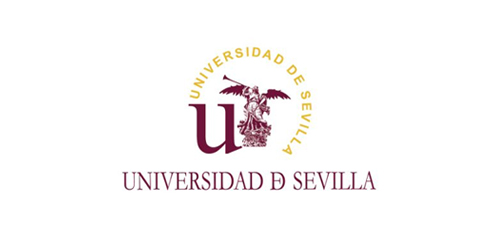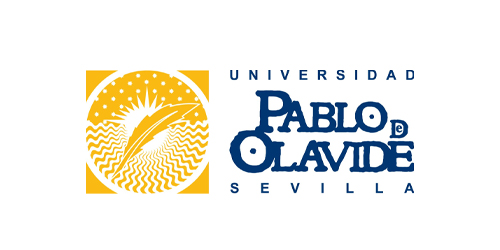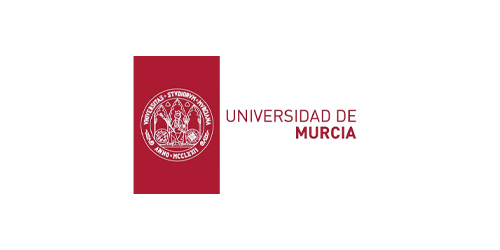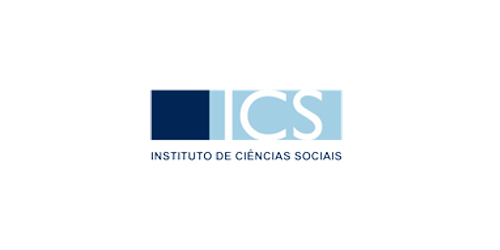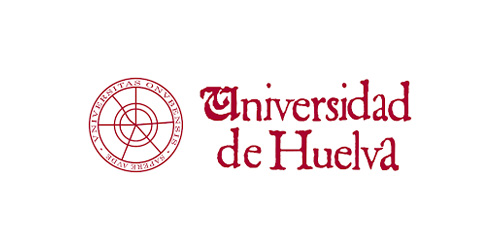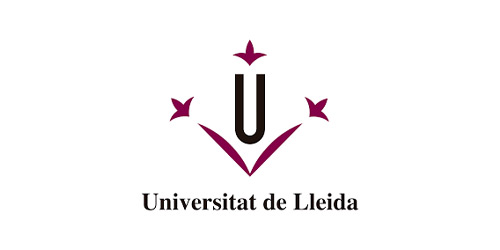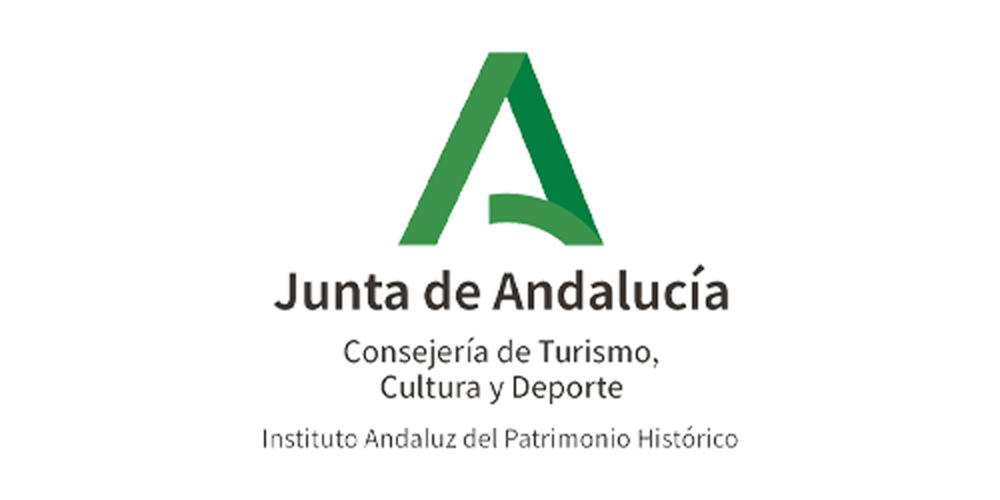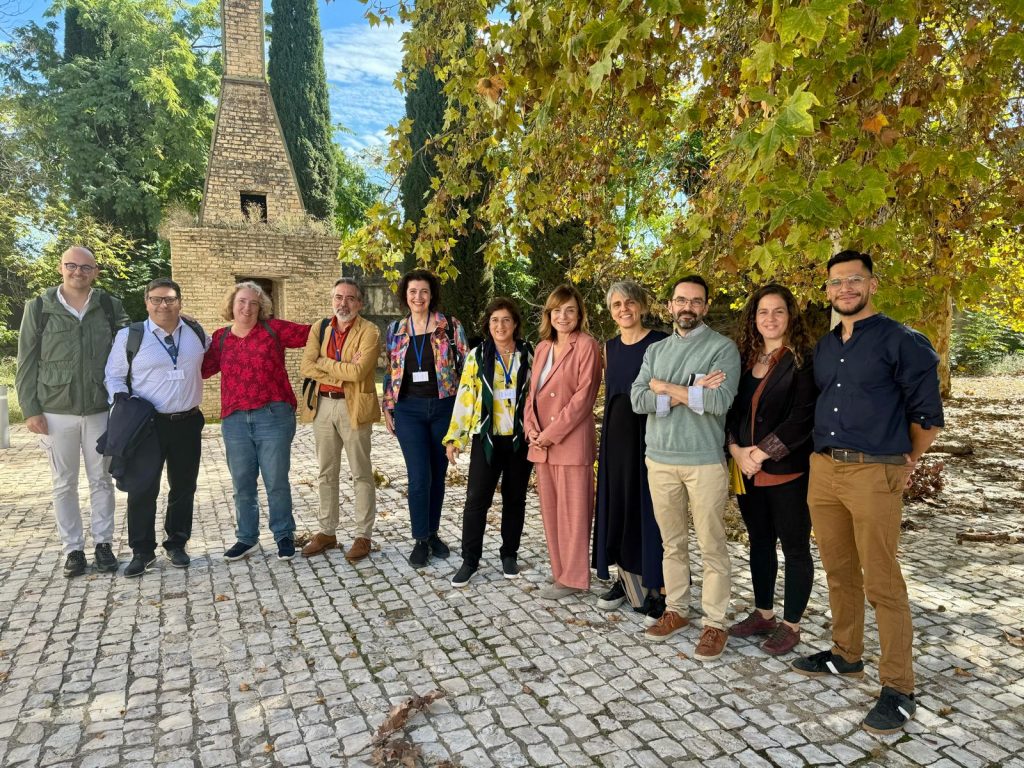To accurately assess the development patterns of renewable energies in the Iberian Peninsula and to assign them the corresponding relevance. Starting from the current international and European Union context favorable to the energy transition, the method combines the critical review of strategic, planning and opinion documents, together with bibliographic and legislative documents. Besides, in-depth interviews are carried out, under a common questionnaire, with people responsible for policy design and technical implementation in Spain and Portugal, involving the national, regional and local scale. The development patterns are specified according to their relevance to the general objective of STEP and will take into account regional and cultural differences.


